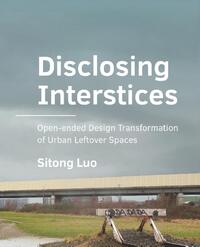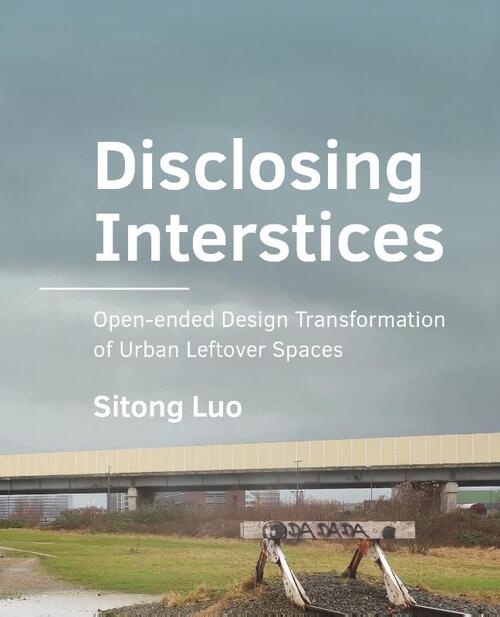29.95
3 - 5 Werkdagen
Leftover spaces are neglected and obsolete spaces within the city. As they are temporarily unoccupied by defined urban functions, leftover spaces provide unique “interstitial conditions” that open for wild species as well as different informal social activities, offering crucial complements to the formal and defined urban spaces. In this context, the design of leftover spaces poses a paradox between the practice of design that projects a set of definitions onto the site, and the indeterminacy of leftover spaces that opens for appropriation and interpretation. By recognizing this paradox within the design of leftover spaces, this thesis strives to explore open-ended design approaches that engage leftover spaces without losing their essential qualities of indeterminacy. Three case studies—Valby Smedestræde 2 in Copenhagen, Le Jardin Du Tiers-Paysage [the Garden of the Third Landscape] in Saint-Nazaire, and the Dalston Eastern Curve Garden in London are scrutinized with a uniform framework consisting of four lenses: the morphological, social, ecological and material lens. The plan, the section, the perspective and axonometric drawings are used as tools to examine the cases and further, to represent the results of reading through each lens. The study delivers four general modi operandi—disclosing, selecting, founding, and sustaining—for engaging with the interstitial condition of leftover spaces. This thesis further invites for an exploration on the role of “gardeners”, nurtures and balances diverse social and ecological practices in the on-going transformation of the site.

- : Sitong Luo
- : BK Books
- : 9789463664479
- : Engels
- : Paperback
- : 366
- : augustus 2021
- : 846
- : 235 x 191 x 25 mm.
- : A+BE Architecture and the Built Environment
